

19 September 2024
My name is Teodora Rinciog and I am the Sustainable Conferencing and Communications Officer at The Company of Biologists. For the past year, I have been working on improving the sustainable strategy of our charitable Workshops and Journal Meetings, whilst also supporting biologists across the world organise their academic events in a more sustainable manner. In this blog, I would like to share with you what I have learnt in the past year about how to organise sustainable academic events and how this will change in the future. While climate change is a familiar term nowadays, it is still hard to imagine how this will tangibly affect our lives in the near future. We were born in the era of consumerism, and it is difficult to imagine that our children will live any differently to us. Yet, the UN has already announced that we could reach the critical 1.5 °C global warming threshold soon. Every action taken from now on counts. …
16 September 2024
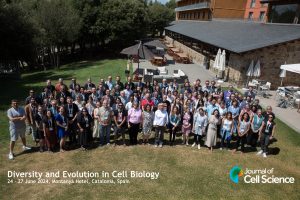
The Journal Meeting, Diversity and Evolution in Cell Biology, organised by Journal of Cell Science (JCS) took place from 24 June to 27 June 2024 in Catalonia, Spain. The aim of this meeting was to bring together evolutionary biologists and cell biologists investigating diverse aspects of cellular physiology, traversing both spatial scales – from subcellular cytoskeletal dynamics to symbiotic interactions – and evolutionary time.
28 June 2024
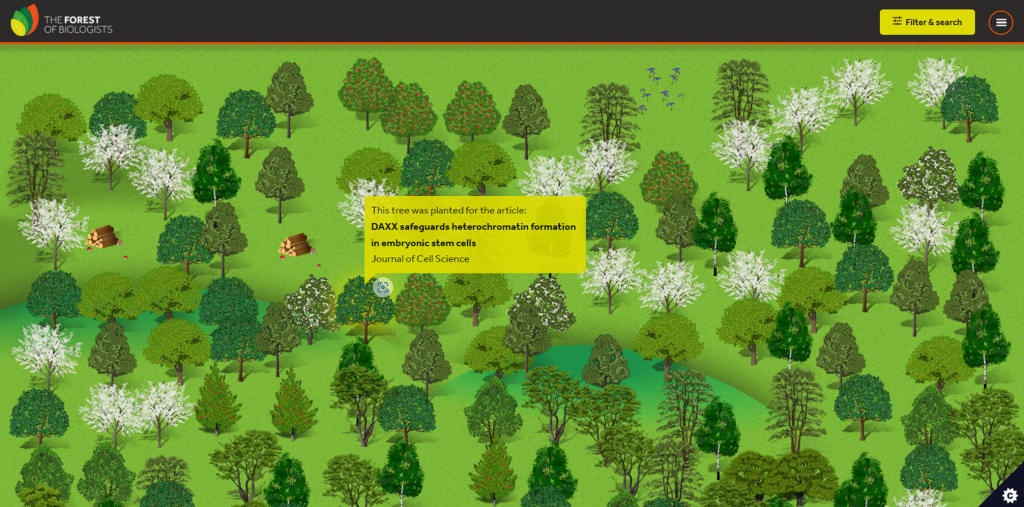
We are very proud that The Forest of Biologists has been shortlisted for the ALPSP Impact Award 2024. This is a great recognition for a project that we have thoroughly enjoyed launching and that we feel makes a true impact to both the scientific community and the natural environment.
11 June 2024
Sustainable practices are often seen as actions that minimise environmental impact. According to the Sustainable Development Goals (SDGs) proposed by the UN, sustainable practices include themes such as environmental protection, the fight against poverty, inclusion, and collaboration.
While many of our blogs explore tips on how to minimise the environmental impact of events, in this blog we will talk about the social aspects of sustainability and how to approach them when organising a conference. …
26 March 2024
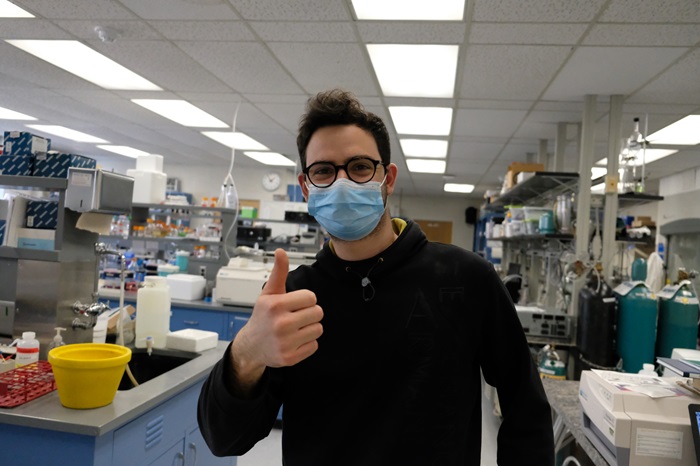
Isoprene is a biogenic volatile compound emitted by many different plants. Above ground, this compound protects plants from a range of abiotic and biotic stresses. But what happens belowground is less clear and it is this question that fascinated Manuel Bellucci, a PhD student in the Department of Science and Technology for Sustainable Development and the Campus Bio-Medico of the University of Rome (Italy).
17 September 2024
The daily contributions made by postdocs are essential in setting a positive work environment and progressing the science of each lab. Postdocs have a valuable impact on the biological community in general and they deserve recognition for their efforts. We believe that, as our future leaders in biology, it is vital to provide postdocs with the right support during these early stages of their academic career by helping to grow their network, providing access points to join the biological community, maximising the impact of their research and helping to raise their profile. As our relationship with postdocs grows, our postdocs have enriched The Company of Biologists community in a myriad of ways.
11 July 2024
It can be problematic to perfectly blend social, environmental and financial goals when organising an academic event, but we think that Chrissy Hammond (University of Bristol) and her co-organisers Lizzie Lawrence, Joanna Moss, Nikki Stevenson and Rabia Sevil rose to the challenge at The Dynamic matrix: mechanics, ageing and repair Conference, a British Society for Matrix Biology (BSMB) meeting. We were delighted to support this event from our Fund for Innovations in Sustainable Conferencing and Scientific Meeting Grants, and we are keen to continue supporting events like this in the future.
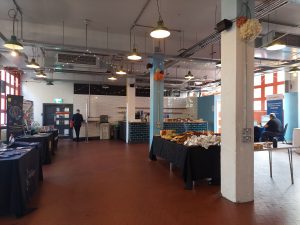 We are very grateful to Chrissy for welcoming us at this event. We had the opportunity to talk with the main stakeholders involved in the planning process and we would like to share with you some of the good practices they implemented whilst organising a green meeting. …
We are very grateful to Chrissy for welcoming us at this event. We had the opportunity to talk with the main stakeholders involved in the planning process and we would like to share with you some of the good practices they implemented whilst organising a green meeting. …
17 June 2024
We were delighted to host our inaugural Global South Workshop, organised by Kênia Bícego (São Paulo State University, Brazil) and Andrea Fuller (University of the Witwatersrand, South Africa) and held at Kruger National Park, South Africa in March 2024. Our Global South Workshop is part of our ongoing commitment to diversifying our Workshop programme so that we can support a wider selection of research communities around the world. …
11 April 2024
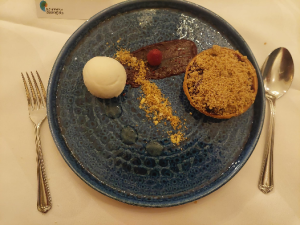
At any event food is an integral part of your attendees’ experience. However, managing the impact of food choices is not straightforward in terms of sustainability. In this blog, we look at some more tips to help make the menus at your upcoming events more sustainable. In case you missed it, check out part 1 of this guide. …
7 March 2024
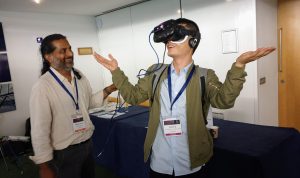 We are delighted to see that the biology community has been showing their natural creativity by experimenting with different conference models (Lowell et al. 2022) and we have been very pleased to support some of these experiments with funding through our Sustainable Conferencing Grants.
We are delighted to see that the biology community has been showing their natural creativity by experimenting with different conference models (Lowell et al. 2022) and we have been very pleased to support some of these experiments with funding through our Sustainable Conferencing Grants.
You must be logged in to post a comment.